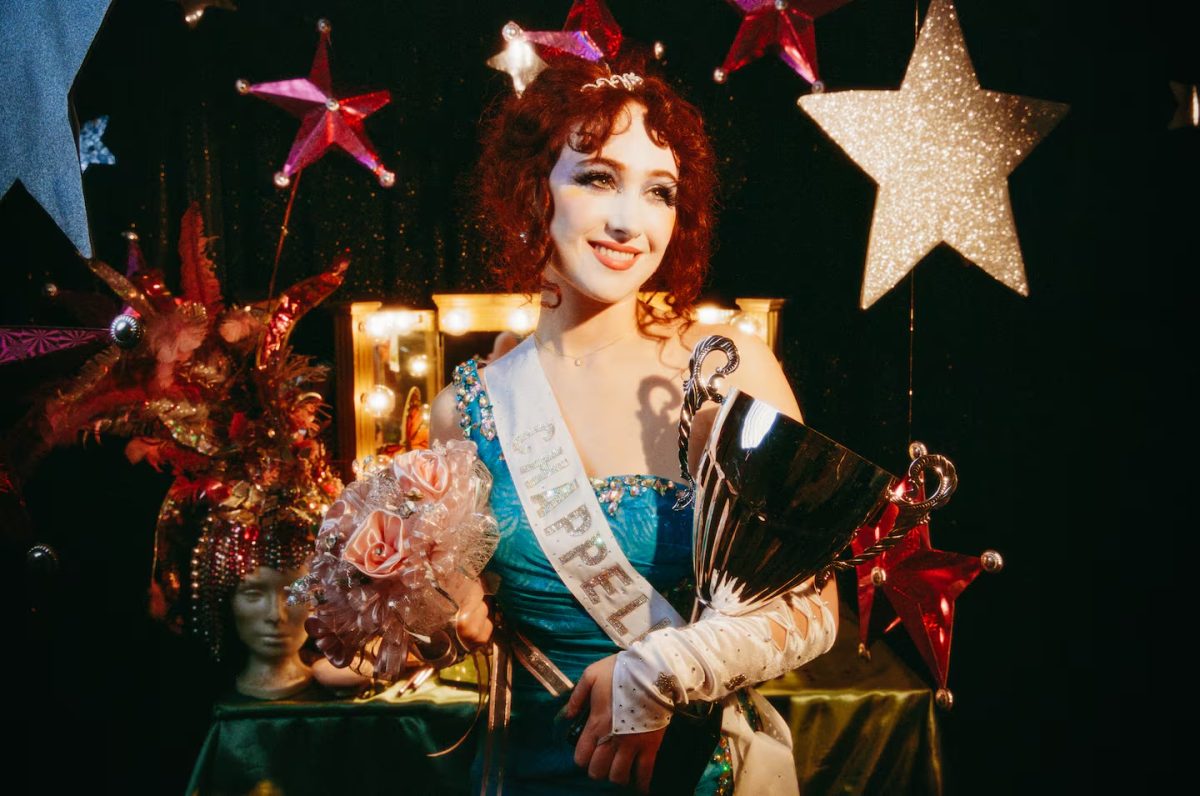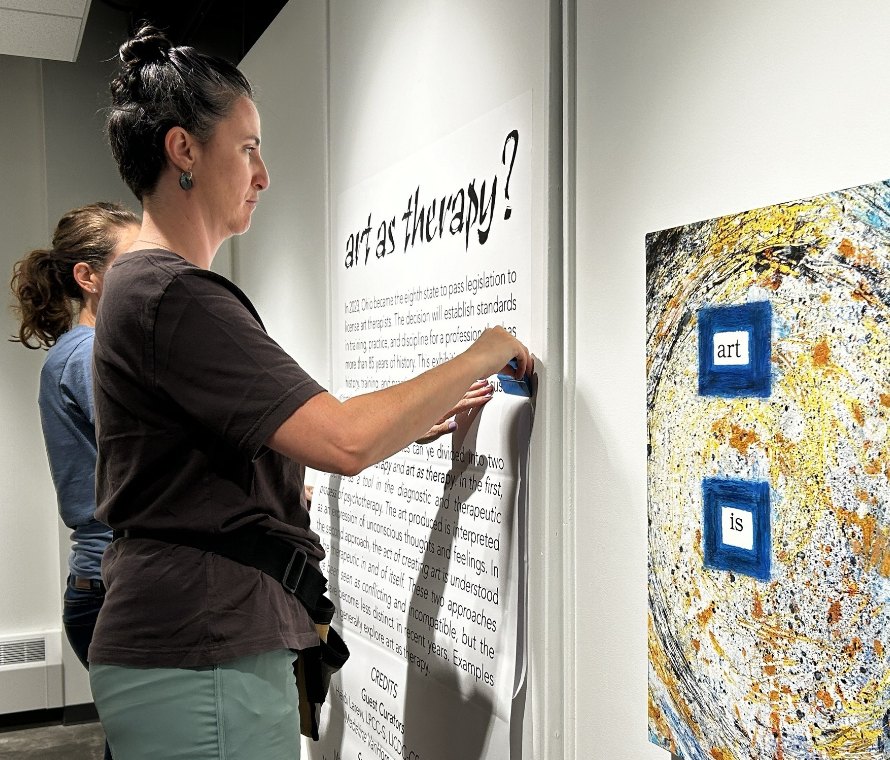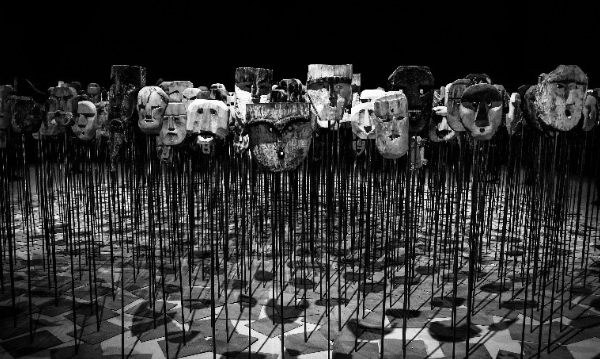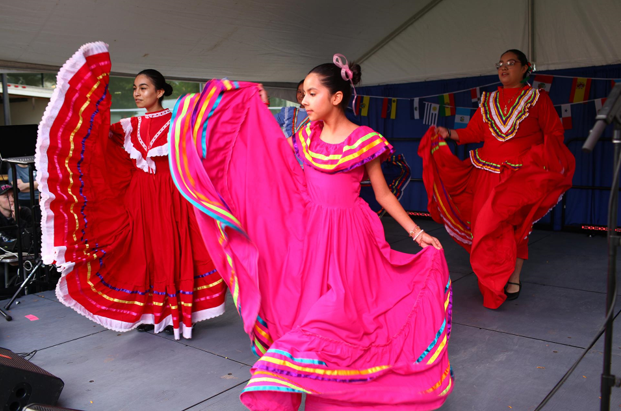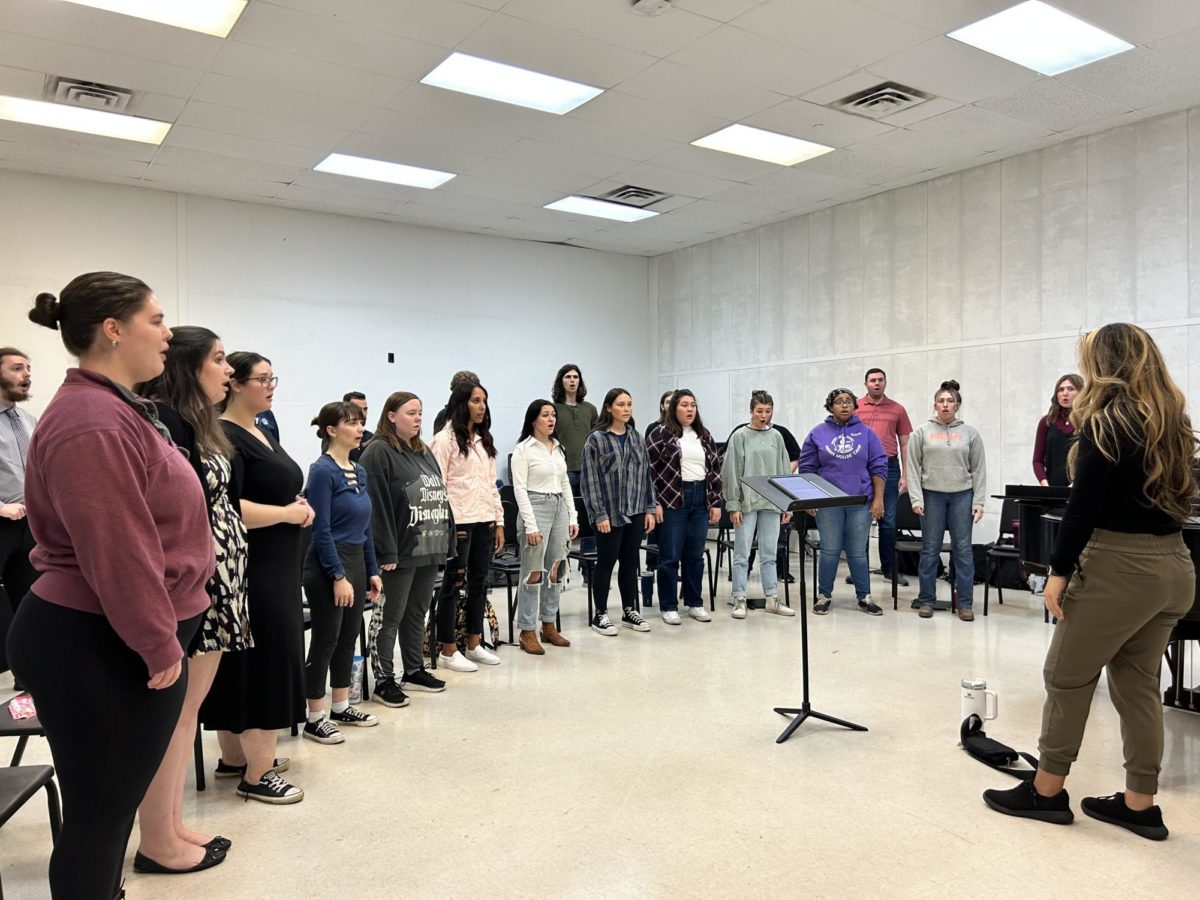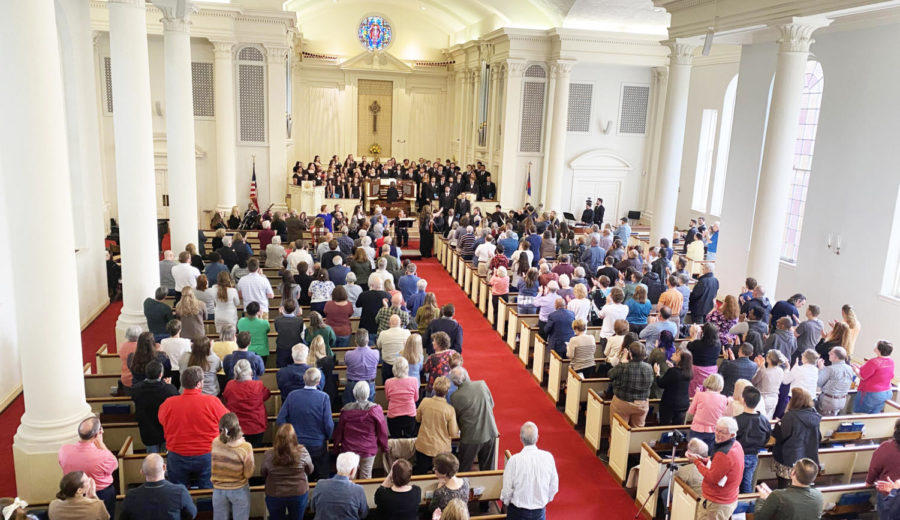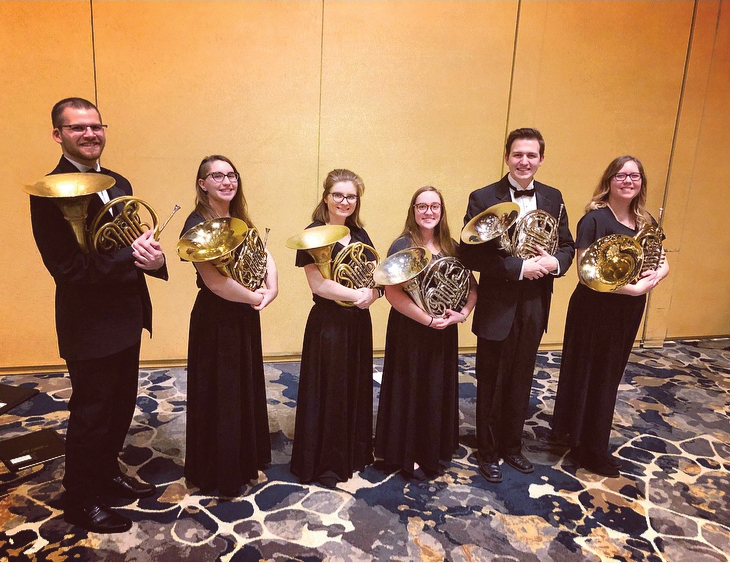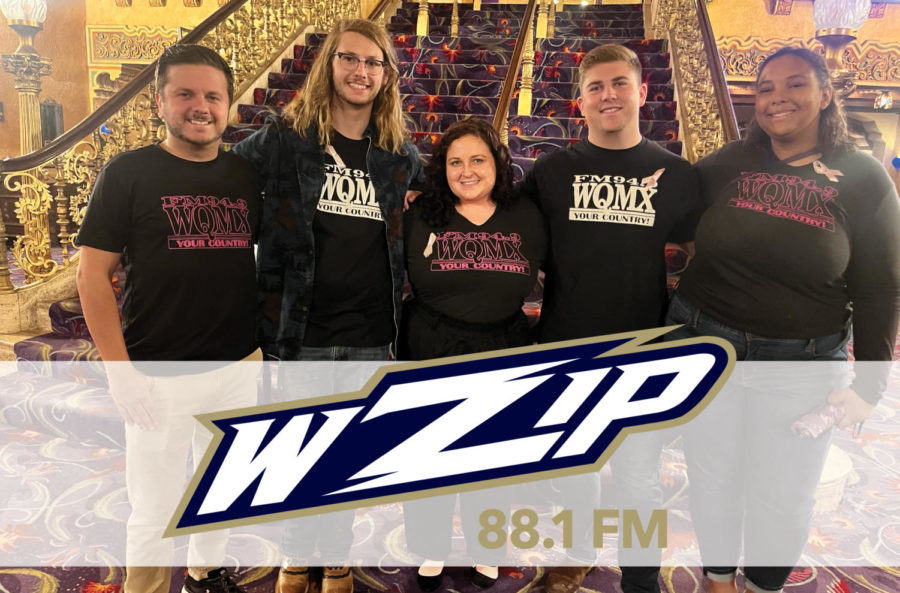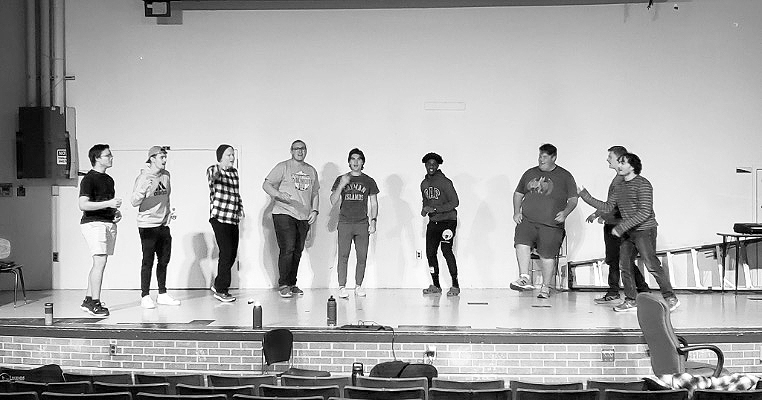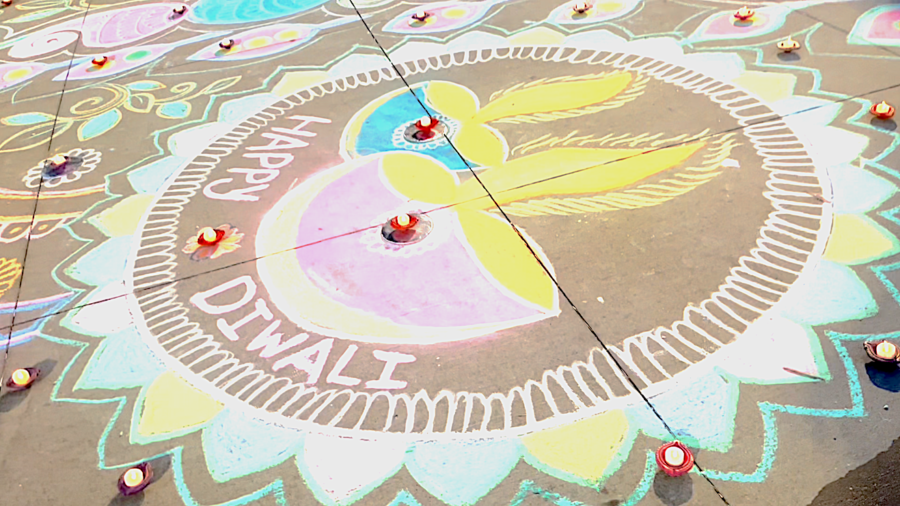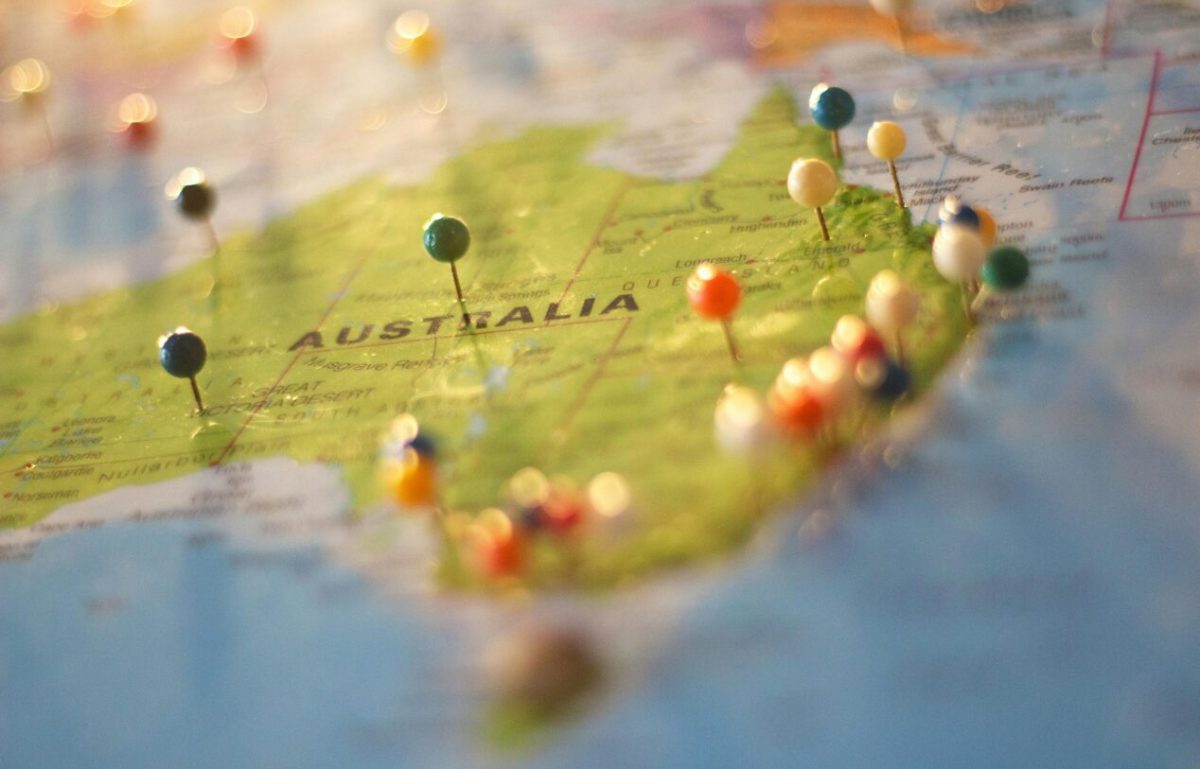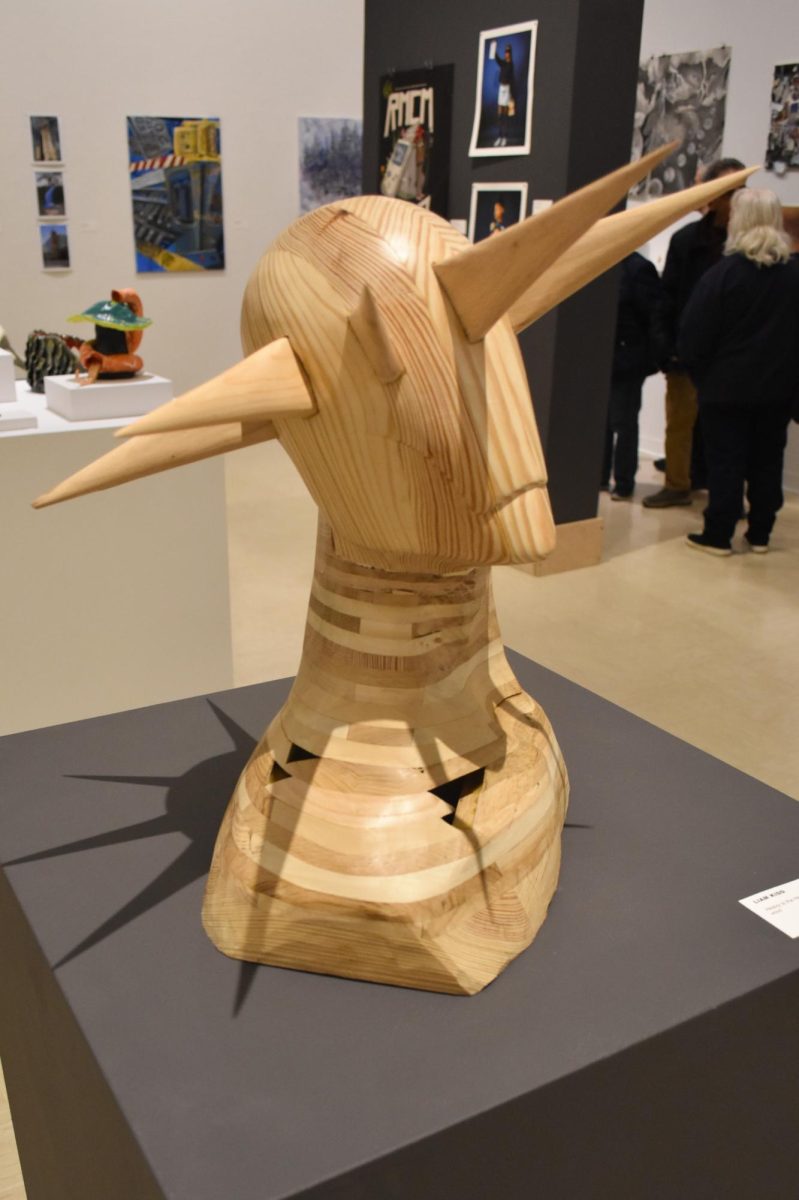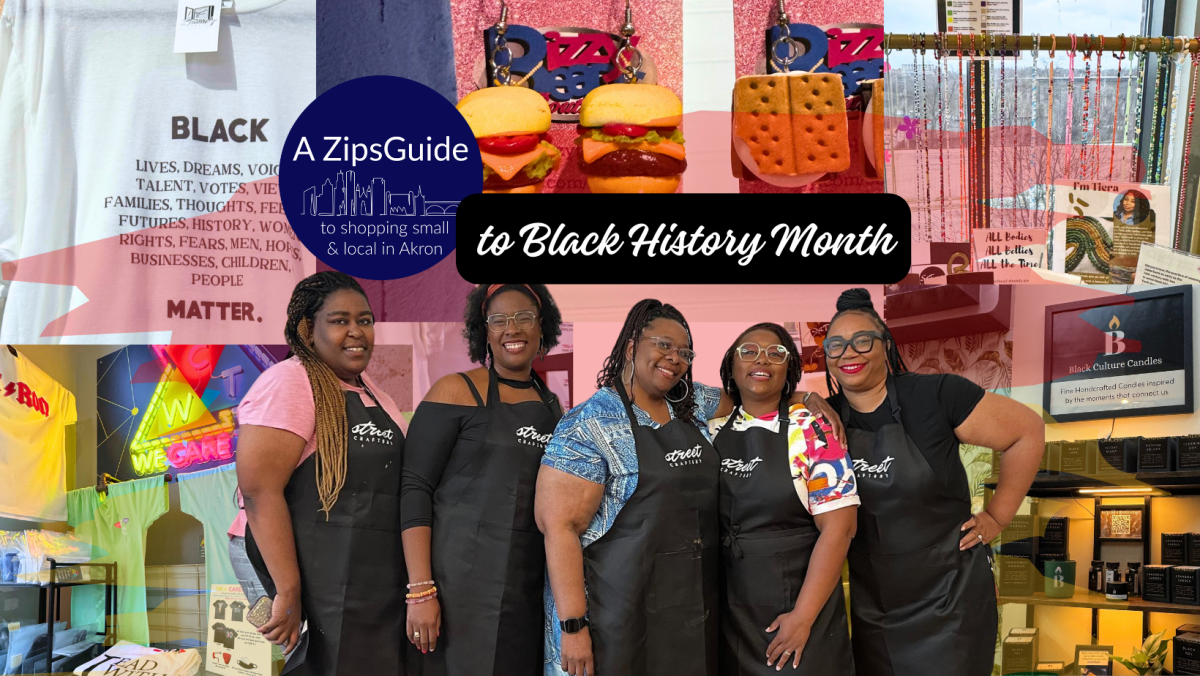“Would you go to a random lady and say, ‘Can I get a photo of you.’ I’m a random b*tch. You’re a random b*tch.”- Chappell Roan.
Chappell Roan recently took to the internet to report the extreme harassment she has faced with her newfound fame. Fans have bullied her online and have followed her around in person. Roan responded with a TikTok saying that no one is entitled to her time and that she is allowed to say no to “creepy behavior”.
This caused a divisive reaction where some fans agreed that the singer had autonomy over who she dedicates time to. While others call her ungrateful and say she isn’t cut out for stardom. This incident raises questions about how problematic celebrity culture is and how many aggressive behaviors are normalized within it. Questions like is Roan being ungrateful or is establishing boundaries? As a newfound celebrity is she allowed to ask for privacy? Is Roan even fit to be a “celebrity”?
Chappell Roan is commonly called your favorite artist’s favorite artist, which encapsulates the sentiment that she was renowned before her mainstream success. This year Roan’s fame skyrocketed as she had multiple songs charting in the Top 100. Singles like “Good Luck, Babe!”, “Pink Pony Club”, and “Casual”.
Ironically Roan is anything but a random lady as someone who had the biggest set in Lollapalooza history. Something also remarkable about her is her boldness. This is reflected in her fashion sense and obviously when she straightforwardly addresses the abuse she’s been receiving. I believe one of the reasons this situation is so debatable is that celebrities are rarely vocal about the harassment they face online and from fans. Why is that?
Most celebrities apart from the canceled few are obsessively worshipped in American culture. Fans create connections with these artists through their art whether it is music, acting, or written word. With this transcendent fame they are elevated to heights we mere mortals can’t even fathom. This distance between us and fame has made celebrities almost like untouchable gods so much so that they are dehumanized to an unrecognizable point. Stars do receive privileges like immense fame and fortune, but at what cost? Fans of these artists indirectly gave them their fame and fortune by buying tickets, streaming their art, or just cheering them on. Celebrities owe their success to their fans and in return most fans assume that celebrities owe them their time. Is that true? Is privacy something that just can be bought? There is an expectation for celebrities to simply be puppets who sign autographs and take pictures at the whim of the public. Though we wouldn’t expect this behavior from a cashier or a doctor because they are normal people. At what point do celebrities stop being human?
While I admire Roan calling attention to how celebrities are treated in society I disagree with her conflating fan’s showing affection with creepy behavior. Yes, these people dont know you but they know your art. Clearly art affects us in multiple ways but it ultimately creates a sense of connection in it and the artist. Them wanting to convey this affection with consensual hugs and taking pictures should not be considered creepy. Fans aren’t entitled to anything but showing no affection does tend to alienate audiences. Roan should receive no backlash for ensuring her and her family’s safety. Celebrities in the past have died from obsessive fans take for instance the murders of Christina Grimmie, John Lennon, and Selena Quintanilla.
In response to Roan, people through common cliches like “this is the way its always been” or “this is just the price of fame”. If this is the case then can’t we do anything to change this? There is a common acknowledgment that celebrity worship is objectively harmful. After seeing how unhealthy this lifestyle is can future generations change the way we interact with celebrities? Or are par-asocial interactions going to become exponentially worse because of the internet? Ask yourself are you morally sound with stripping another person of their rights? Or do you consider them a celebrity, not a person?

